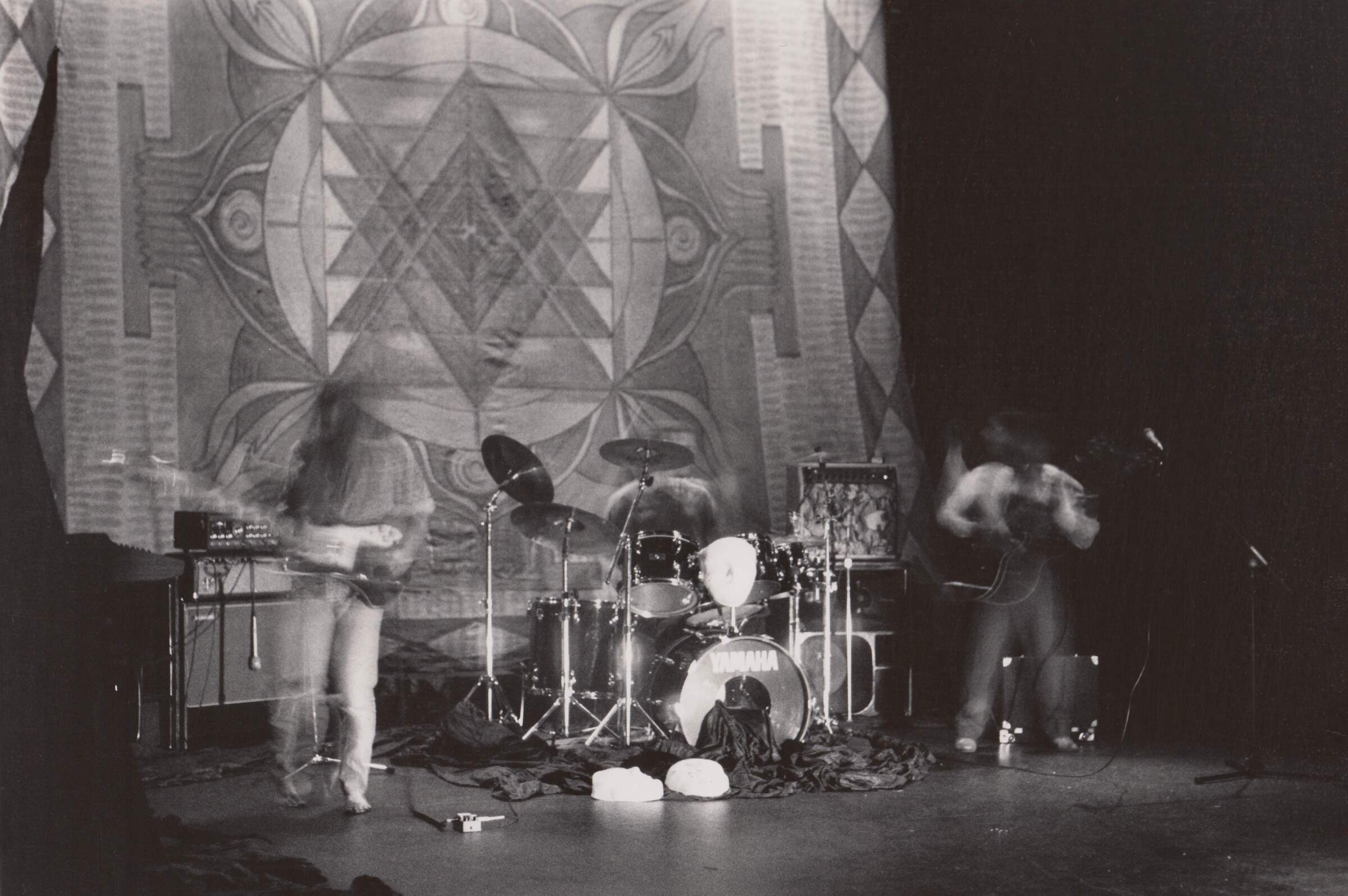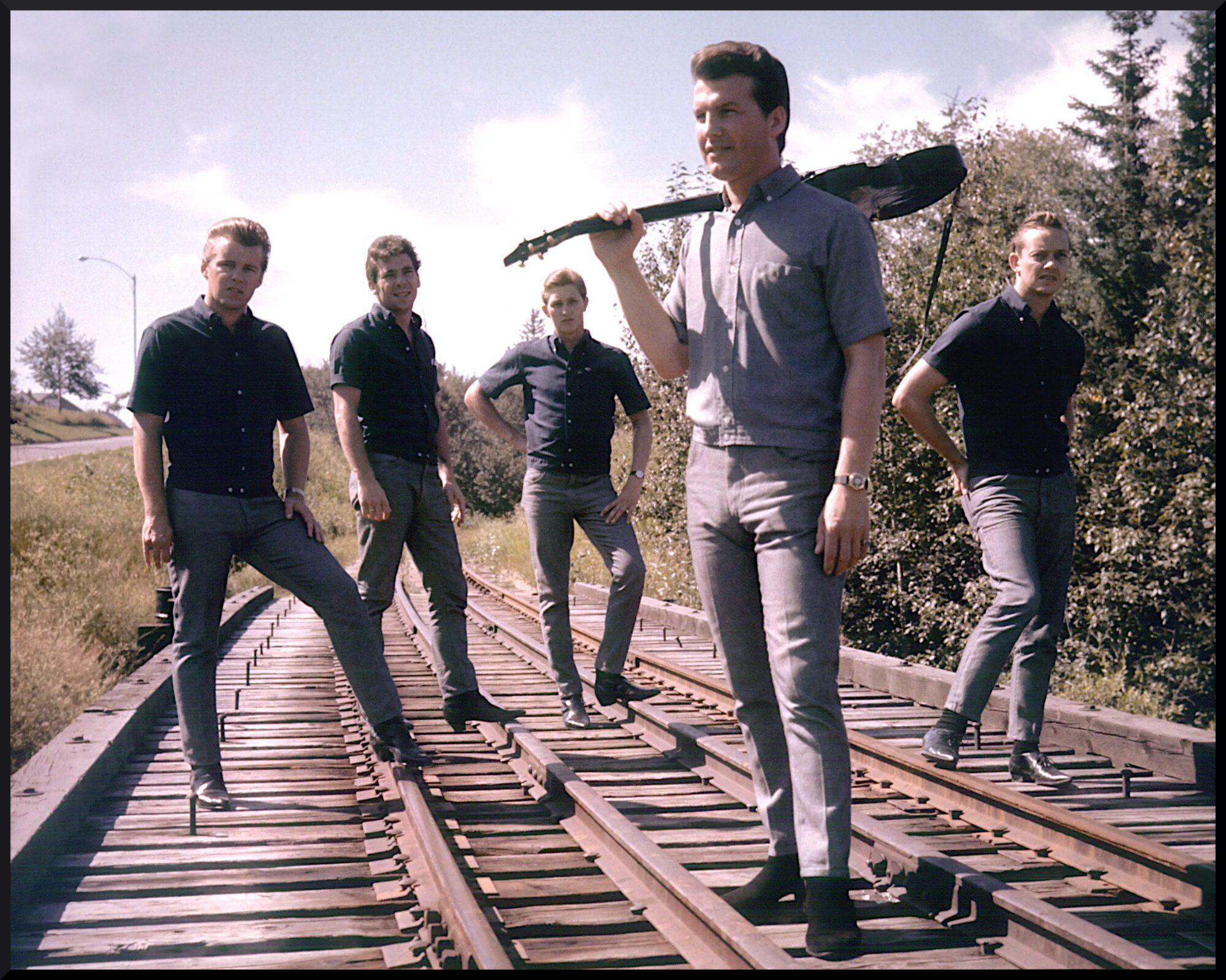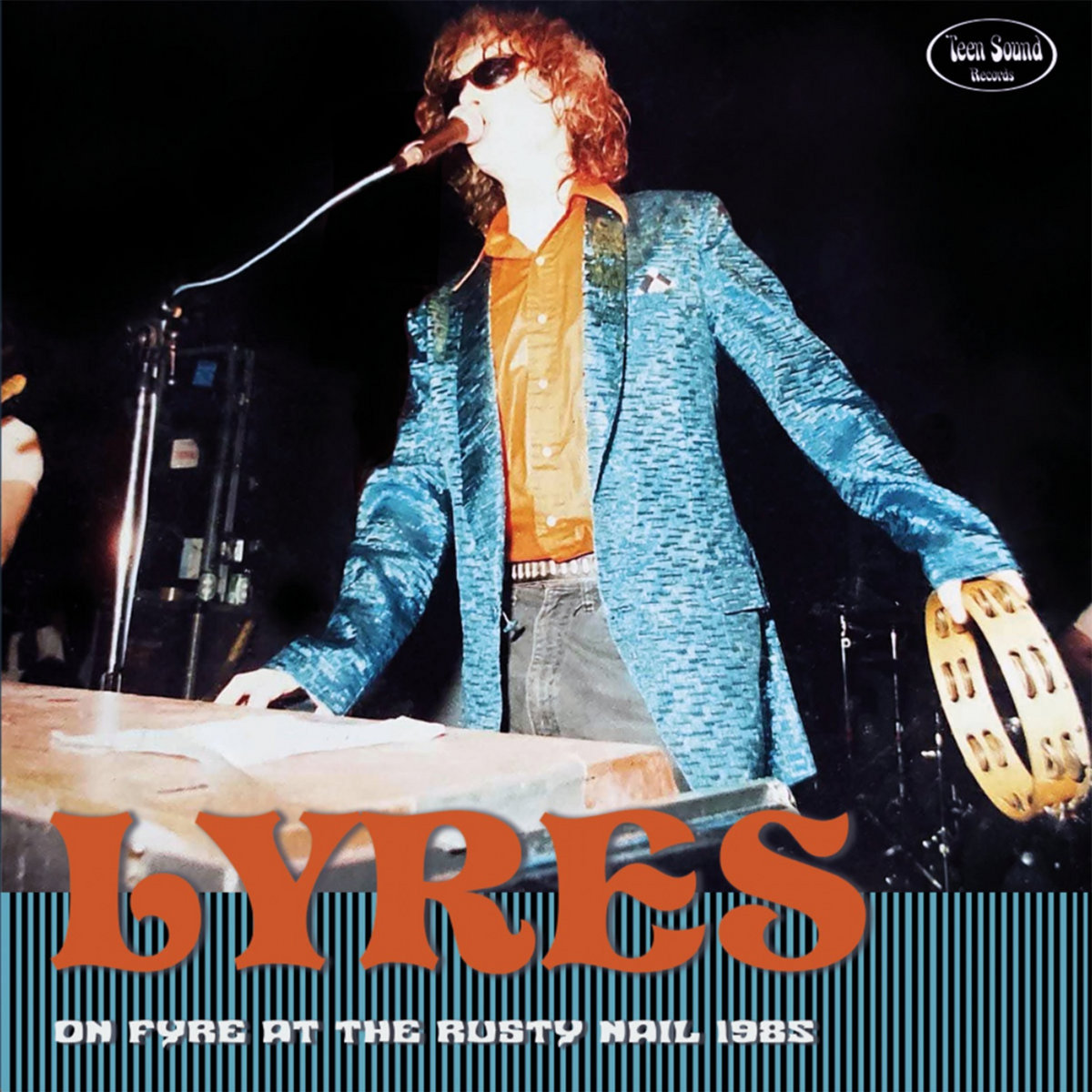Still House Plants | Interview
‘Fast Edit’ is the second LP by Glasgow and South London-based avant-rock three-piece Still House Plants.
“Making weird versions of songs”
The album is called ‘Fast Edit’.
Fin: We compiled a list together of words and phrases that we felt could work for the record. My memory is hazy, but I seem to remember nothing down the words ‘Fast Edit’ after one of us said this when commenting on our quick cutting/editing process at BYM studios. We literally made fast edits of songs that we recorded, chopping them up and messing around with them on the mixing desk. I seem to remember bringing this up and we all let it sink in for a few days or a week before mutually agreeing that it was a good title. ‘Fast Edit’ also seemed to suitably follow the line of self-referential titles: ‘Still House Plants’ as an eponymously titled EP, ‘Assemblages’ loosely referring to the structures of the songs, and ‘Long Play’ as in LP, long playing.
Jess: ‘Fast’ to me means lots of things: attachment, quick to action, ahead of time, empty, hungry. And maybe literally, making weird versions of songs in real time with minimal equipment, letting the edits get ahead of themselves. It describes an attentiveness as opposed to a scramble to get things done maybe. We developed a very potent concentration when it came to building the album. So fast to me is entirely hunger and decisiveness.
David: I feel like this whole record is as much about how we work as it is about how we sound. We work fast and hard when we can play. We’ve been apart in different cities since 2017 so when we are together we get it done. Less broadly I think it starts to hint at how we write and that we record everything we do.
“It’s a year’s worth of work, edited down.”
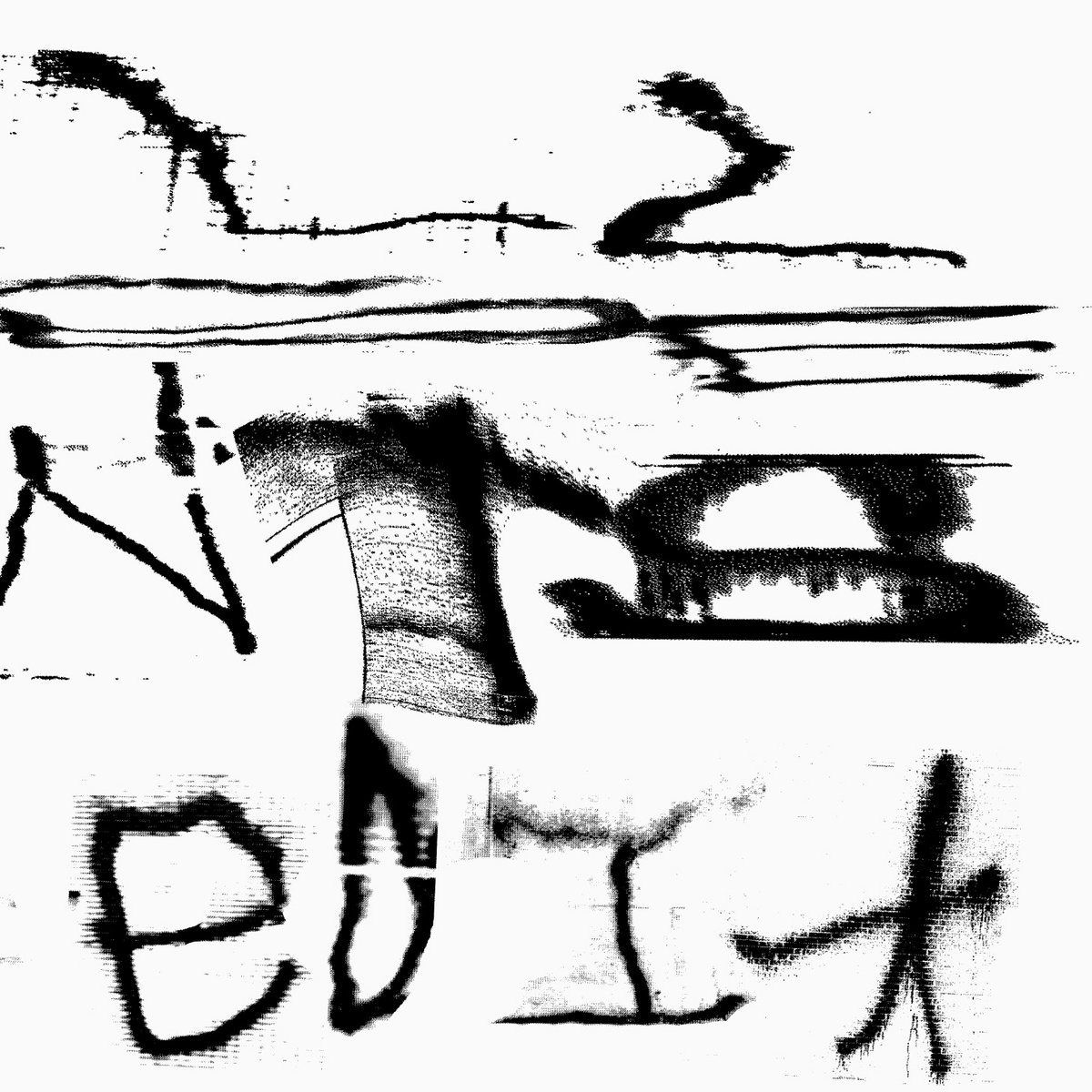
Is ‘Fast Edit’ as a collage album?
Jess: Sort of. Cut and pasting is more accurate. It’s a year’s worth of work, edited down. The timeframe of the songs are more than a collage, I think, than just the tones or quality of recording. When you put things together written months apart, remembered and replayed and rearticulated, when you do all this in a slim number of hours, it’s sure to become a new whole.
Fin: I didn’t think of it as a collage album during the process of making it, however I can see how it could come across that way in hindsight. Using dictaphone/phone recordings to keep notes of what we’re making seemed to allow the sound of the album to be shaped in this way. I also think that having a bit more time -10 days as opposed to the previous 7 for the last album- meant that we could get the studio recording cleared, give it some breathing space, and then see what else it needs. As a result, the different fidelities allows the record to feel a bit closer to the nature of our live performance, as each track moves from one very different space to another.
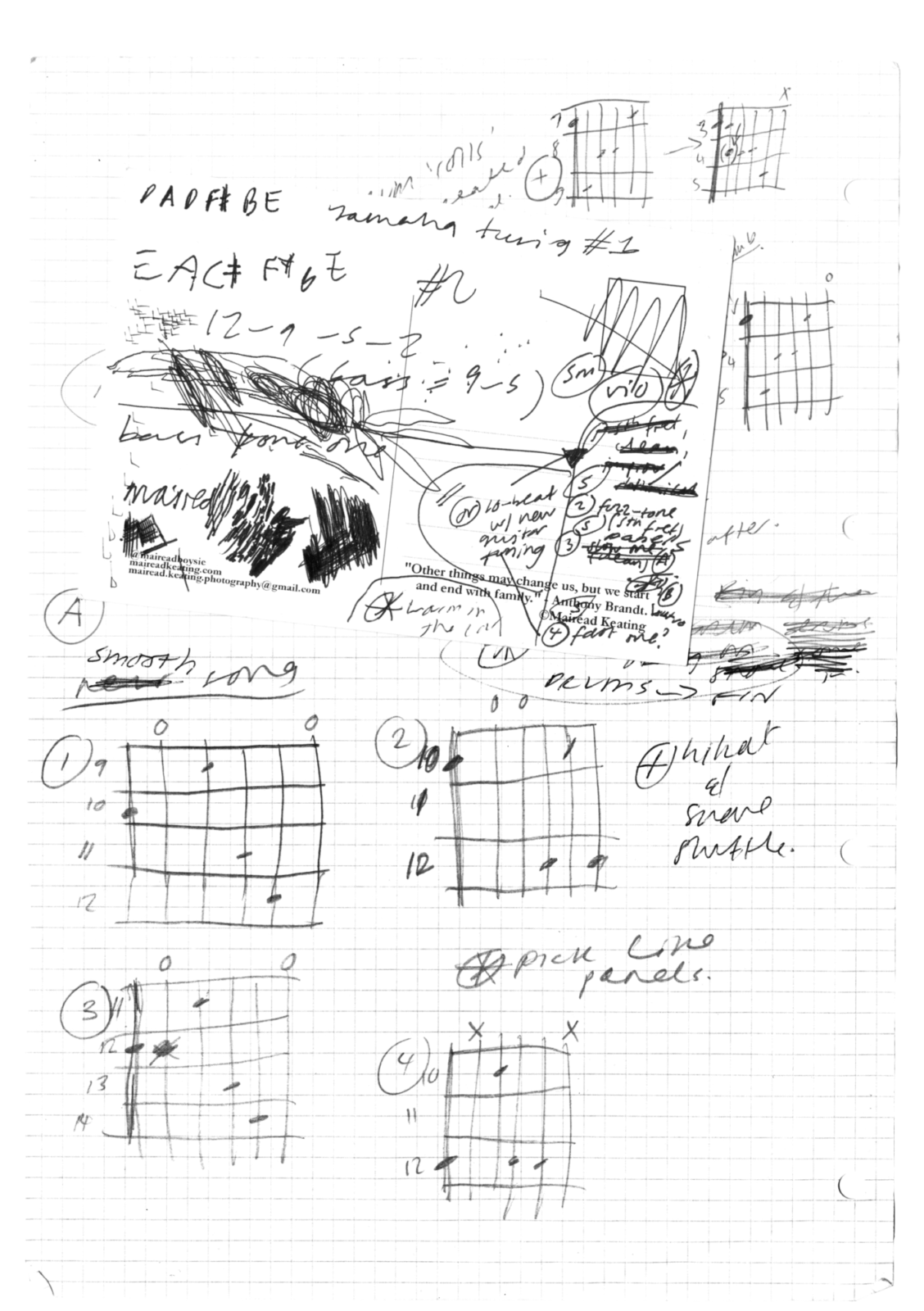
David: I’d hesitate to call it a collage record as to me it is not trying to fit multiple sources to create a thing, I feel quite often that it is sounds that can be quite separate and exist by themselves that comes together at points. I think cut and paste as J says is more accurate.
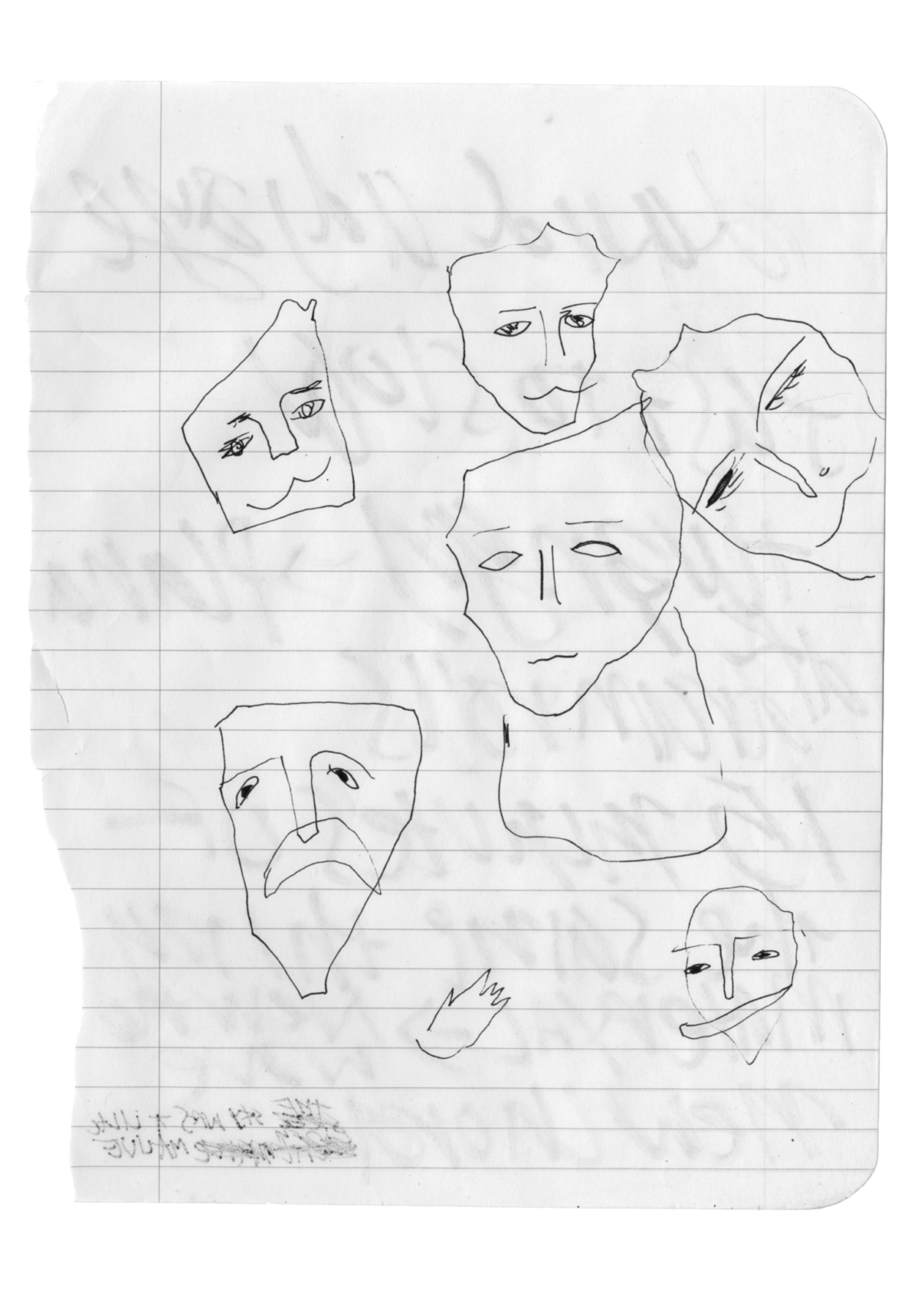
UK Garage is mentioned as an influence.
Jess: We pile it high. I’ve always tried to explain it as a structural thing, seeing as people can’t hear the directness of the influence. There’s something acoustic about garage even though it can be so synthesised -and I think what is there, our music shares in. Syncopation, sharp snares, time dragged imitation vocals, the warmth and sharpness in melodies (so Fin’s guitar). Mostly it helps me when constructing pieces, as I dunno how to use the right vocab. Instead I can talk about building blocks, sections and breaks, samples and stutters. Maybe it’s my own way but it makes sense to me.
Is ‘Shy Song’ the centerpiece of the album?
David: This is funny as I’m not sure I consider it that, though multiple people have cited this as the record’s centrepiece. It is maybe the most literal layering of recording and playing, it feels like we are playing with the way we develop songs together in this track, I guess it sums up most thoughts within the record in 3 mins.
Jess: I don’t think it is a centre piece other than chronologically. It’s sort of middling as a song -mid tempo, mid energy, mid loud. I think it’s impressive to have a song that is so dense of information but so languid and slouchy -genuinely so- be considered the centerpiece. To me it’s the balance, or a cross section of a venn diagram, where inputs might be “heart-on-sleeve-bleed” and “swords slice through air and disrupt all that came before” and “heavy metal”. I think we want to make things that are beautiful and stimulating at the same time. Think it does that.
Fin: It felt like a concise example of our use of layering fidelities, our interest in playing with rhythm, and our idea of treating the voice as an instrument by situating it slightly further back in the mix.
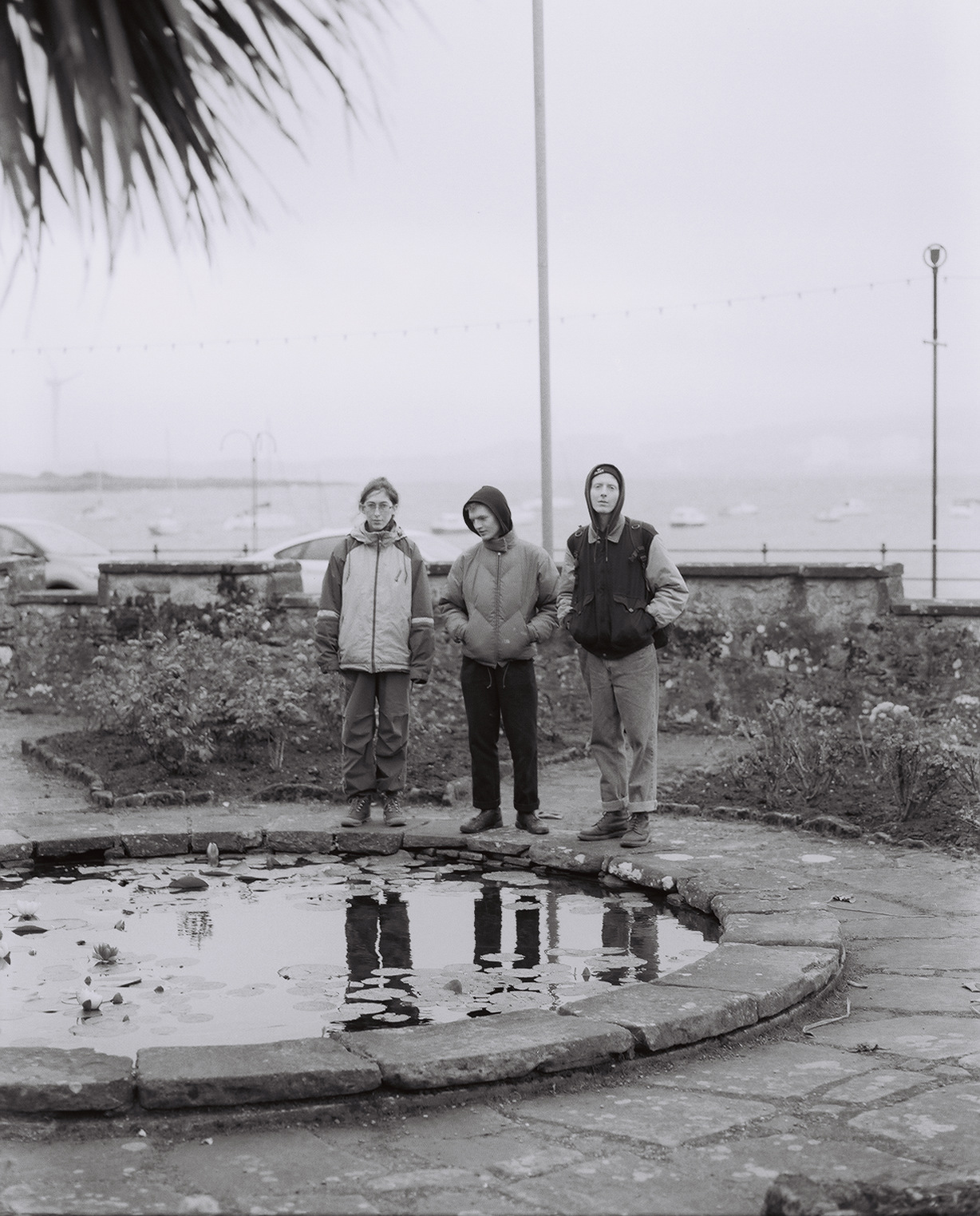
A friend who’s a musician told me that, when he’s on a train with his smartphone, people will leave him alone. But when he carries a guitar with him, people feel like they can start a conversation. Why is that, you think? Why are we fascinated by artists? Why do we assume they are nice and interesting people?
Fin: There are three questions here -one is why do people speak to you in public if you have an instrument? I would say that it depends where the musician is going -say they have just come from a nice rehearsal, then they would be more likely to have a relaxed and amiable demeanour. If they are en route to a concert, or God forbid they are late, I would imagine they would be less open to conversation. I suppose also that having an instrument is an easy starting point for conversation due to the appeal and sociable quality of music.
Two is why are we fascinated by artists? -I would guess that due to the financial instability and impenetrability which the notion of a career in the Arts is synonymous with means that it is less likely for people to pursue this -even if they want to- as a career which, in addition to the amount of cuts to Arts funding in most countries in the world, underpins the broadly and mistakenly accepted notion that artists are outsiders and therefore unattainable and therefore a point of fascination.
Three is why we assume that they are nice and interesting people, open for conversation… this is tricky to comment on as it assumes several things which aren’t necessarily factually accurate, situated in an already vague hypothetical meeting between two people… Honestly the more I think about it the harder it is to answer!
Jess: There‘s a big difference between using a mobile and any passive object. Mobile phones can be used to ward off intruders, like burning a sage stick, or any other apotropaic ritual. If my eyes are fixed on the glow in the palm of my hand I am saved from both the prying and the violent. I’m not sure artists are compelling just as they are. I think that there is no real truth to vocation being transformative. No one goes from dull to riveting just because they think about stuff or whatever. People are interesting because of what stuff they do, not just what they’re into.
David: I’ve never had this experience so I dunno about this with instruments at least, it seems to sound a lot like exceptionalism to me. A person came up to me recently cos I had my bike and told me it was the same bike that he had and that someone had stolen it more or less where I was standing. I guess that’s the same situation really but I think this guy was actually accusing me of stealing his bike lol so I don’t know if we talk to people because we assume they are nice and interesting people, this guy was purely interested in getting his bike, to the point of fever probably. I guess comparing to smartphones is weird because I use my phone as a way of saying I don’t want to talk to anyone, especially if I’m listening to music. I quite often do that with other objects and most of the time it works.
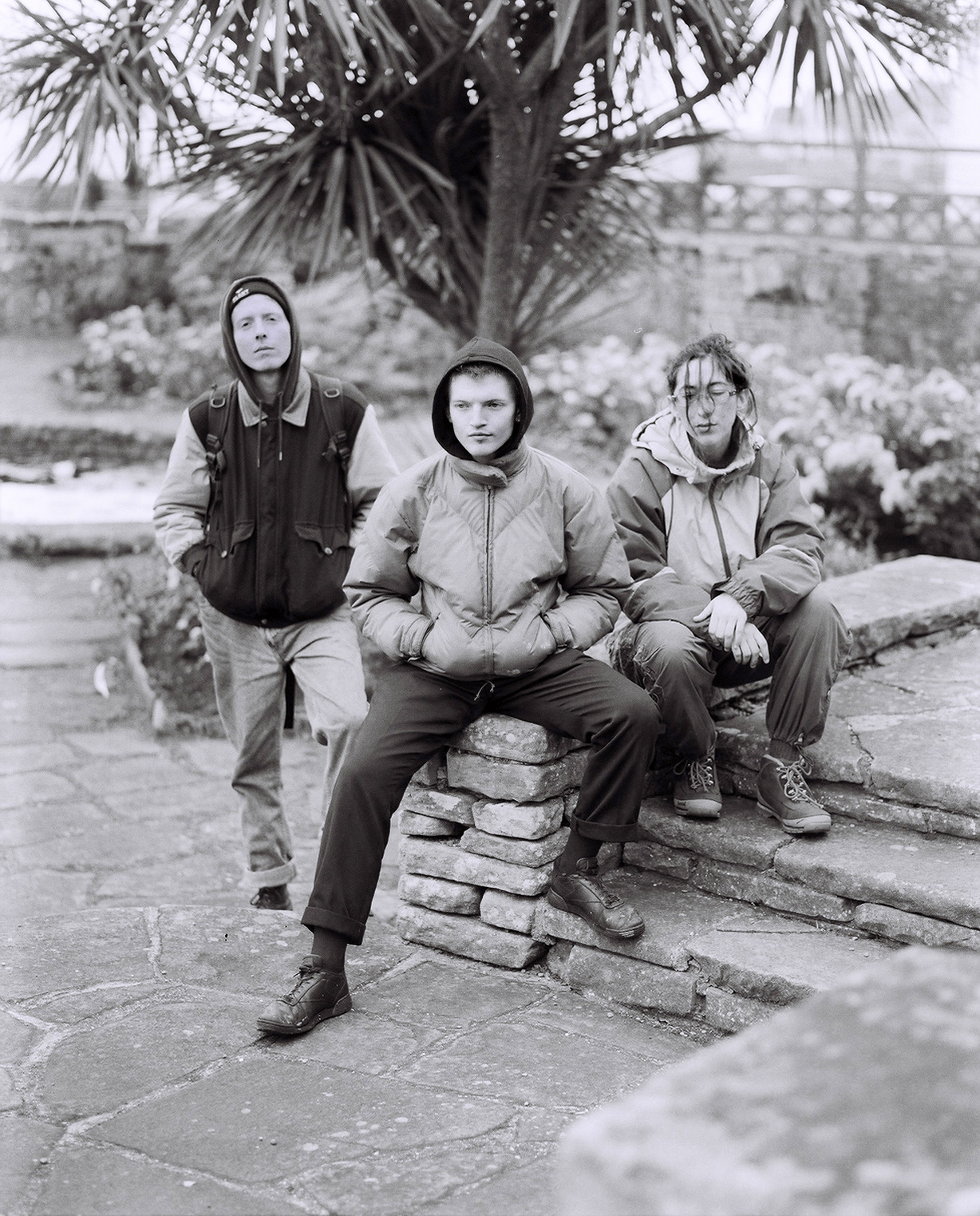
I’m always curious about what you’re listening to right now.
Fin: My grandad–who I’ve never met–used to tape classical music and jazz from BBC Radio 3 onto cassette, and after my grandma passed away this box of tapes came into my possession, alongside her tape player. I’ve been getting through this and loving it -the presenters have that old BBC English accent. I also met a DJ crew called Co-Select recently and have been listening to some of their Techno mixes. Silvia Tarozzi, U.S. Maple, and Ruff Squad have also been on recently too.
Jess: I’m not a very collector person but looking forward to LA Timpa’s release. I really like Joanna Pope (on Soundcloud). The Deli Girls release is great too. I’m quite bad at this bit.
David: I love Shiny Spiky music right now, a love that really deeply took me over from about November onwards last year.
Joeri Bruyninckx
Still House Plants Bandcamp
Bison Records Official Website / Instagram / Twitter / Bandcamp / Soundcloud

